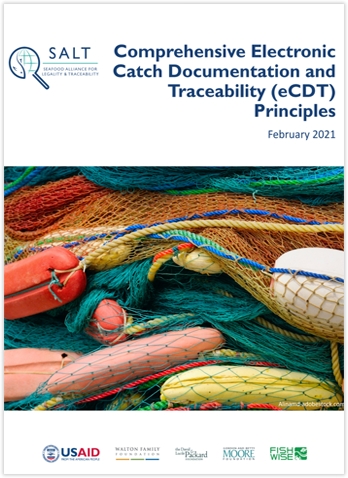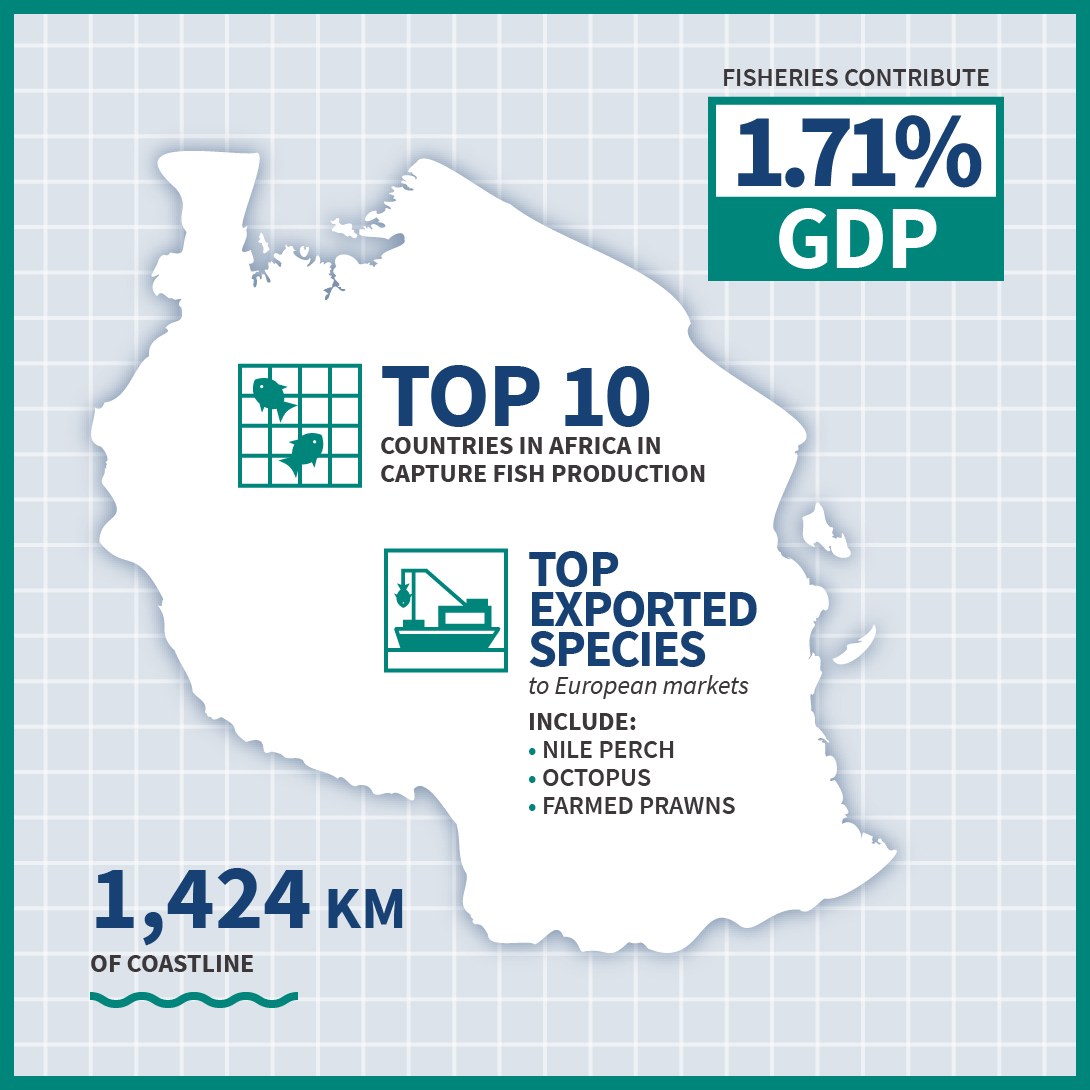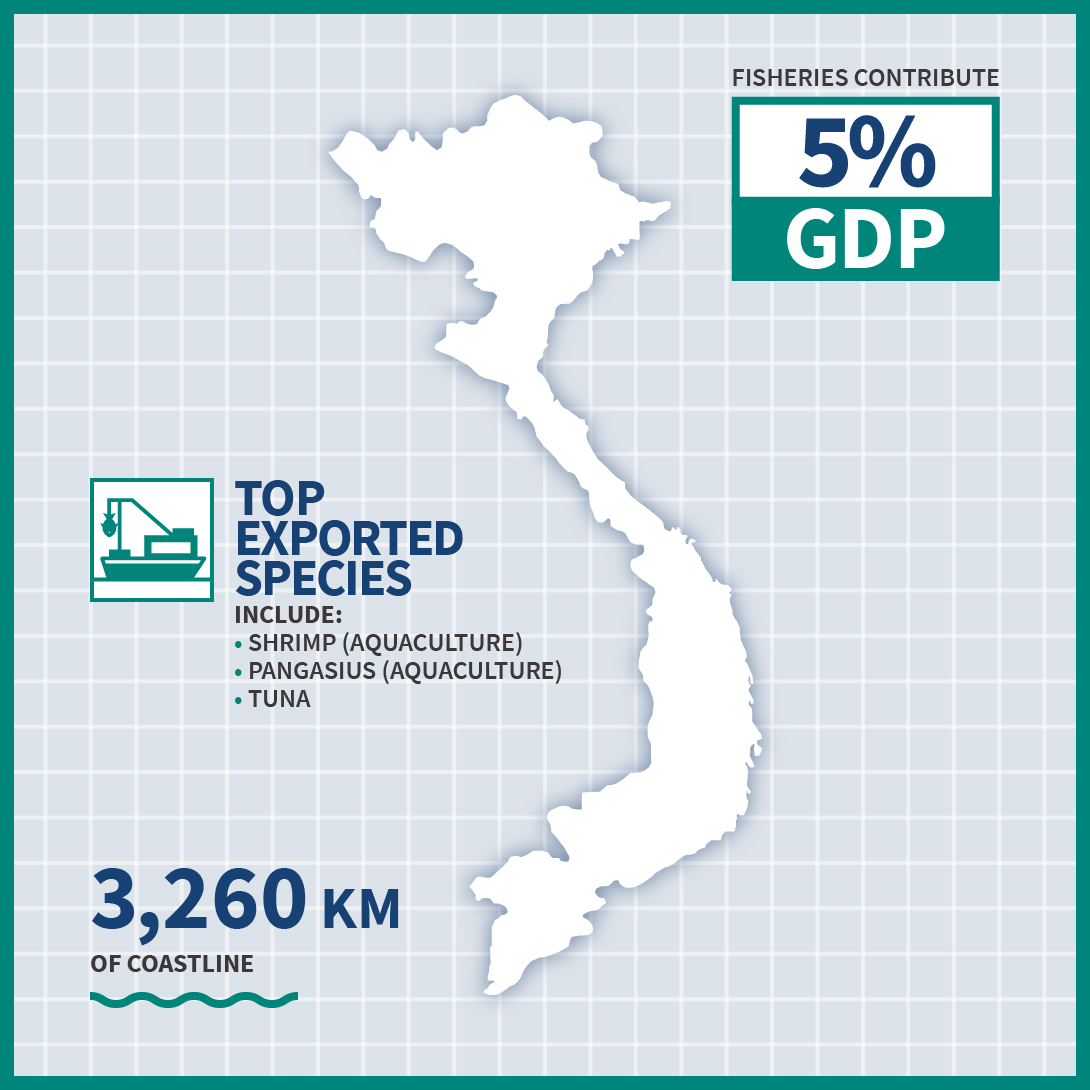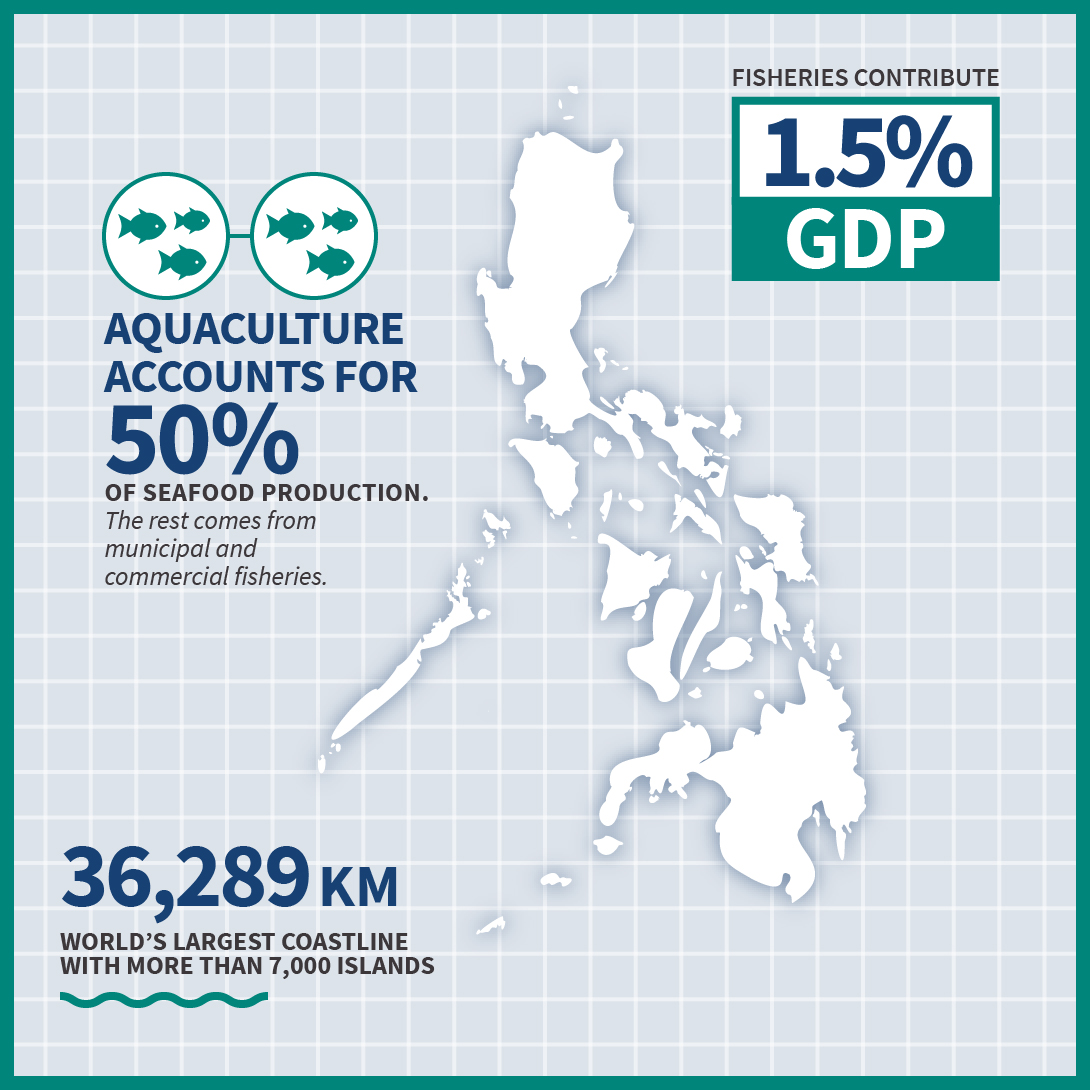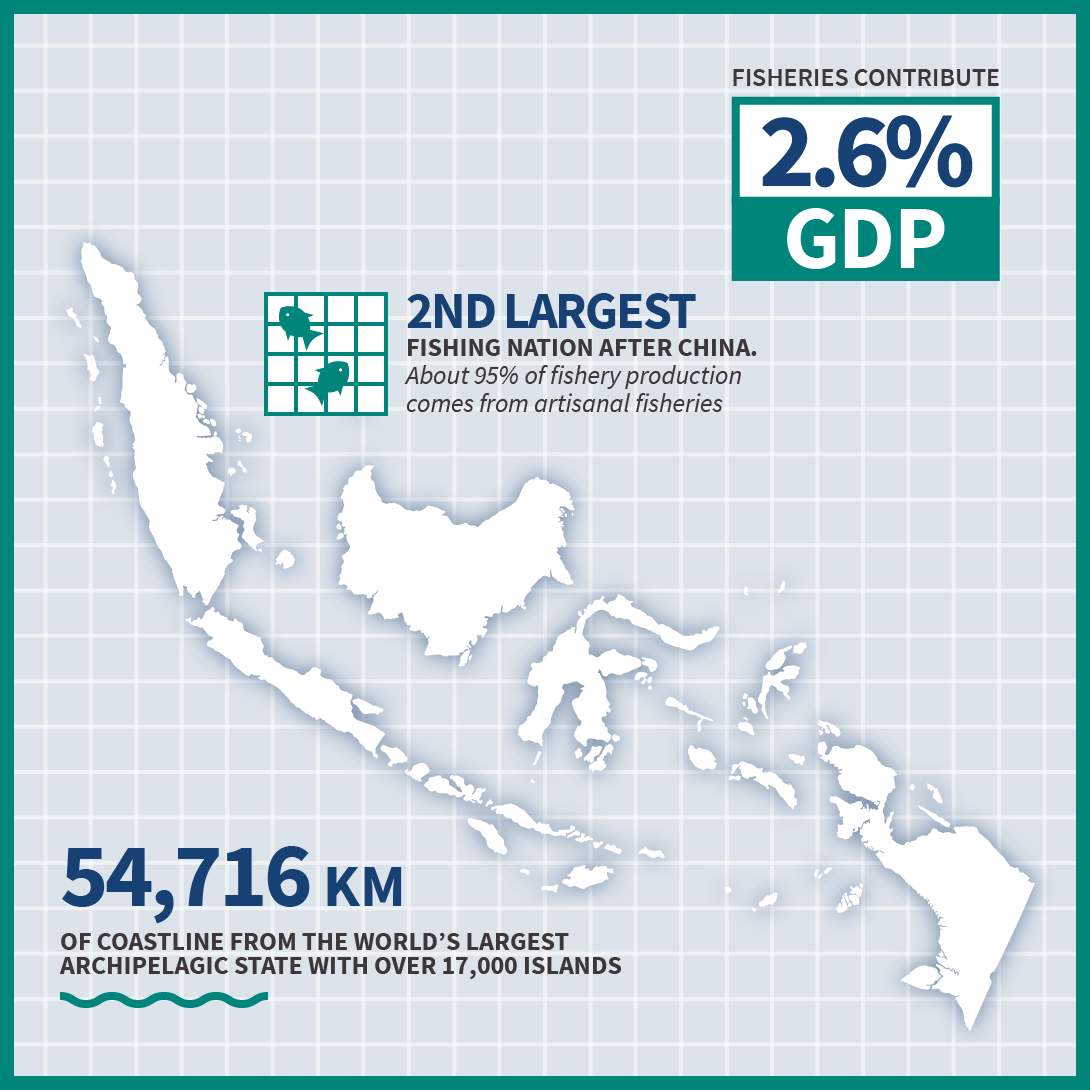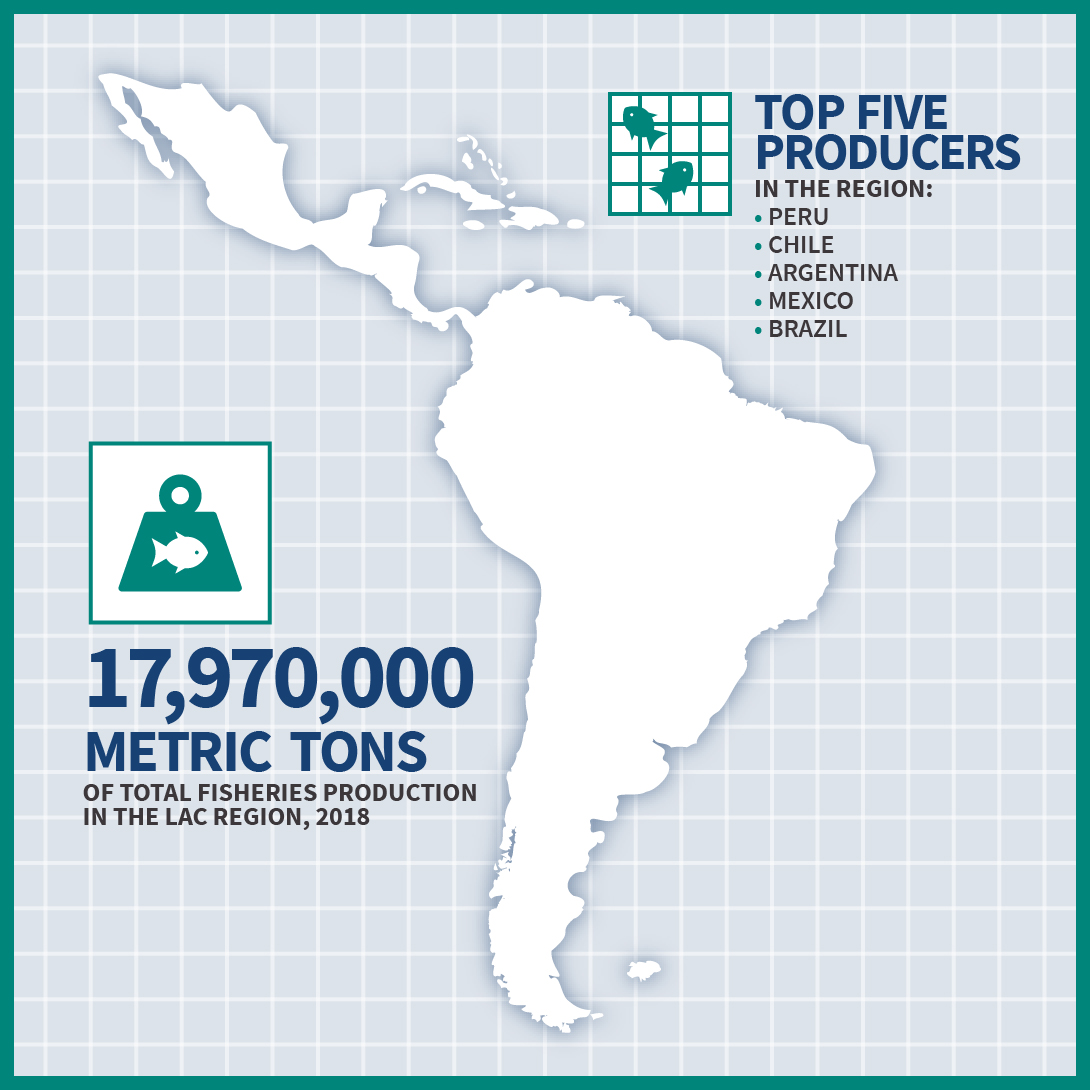SALT Case Studies
SALT’s mission is to share and draw lessons from the stories of traceability efforts from around the world. After the creation of the Comprehensive Traceability Principles, SALT has worked in several regions to share these principles with governments and those working with the government develop seafood traceability programs. Explore the sites where SALT has visited and where substantial effort has gone into supporting electronic traceability programs.
Select A LOCATION BELOW TO LEARN MORE
- SALT Visited
- SALT Traceability Principles Case Study
- Tanzania - Case Study
- Vietnam - Case Study
- Mexico - Case Study 1
- Mexico - Case Study 2
- Peru - Case Study
- Philippines
- Indonesia
- Latin America and the Caribbean
- Ecuador
Purpose
The United Republic of Tanzania Ministry of Livestock and Fisheries wanted to use the Comprehensive Traceability Principles and Pathway guidance to initiate the development of an eCDT program for the Kilwa District octopus fishery that would provide ecological, social, and economic benefits.
Process
SALT, in collaboration with The United Republic of Tanzania Ministry of Livestock and Fisheries and local partners Aqua-Farms Organization and Yahya Mgawe, followed Pathway guidance to identify stakeholders, conduct a gap analysis, and host a three-day co-design event, which will all inform the future comprehensive eCDT program. This process and findings from these activities aided the development of a strategy for eCDT design and implementation.
Outcome
Kilwa District octopus fishery stakeholders created a shared vision, identified their goals and priorities for a comprehensive eCDT program, and built a multi-stakeholder network with political buy-in. An eCDT strategy, rooted in the Principles guidance, was developed and disseminated to continue guiding stakeholders through the Design and Implementation Pathway phases.
Purpose
SALT partnered with Vietnam’s Marinelife Conservation and Community Development (MCD) and Vietnam Tuna Association (VINATUNA) to conduct learning events and knowledge capture to inform Vietnam’s National eCDT Guidelines and Roadmap.
Process
MCD and VINATUNA conducted an extensive gap analysis to understand the current landscape and assessed how the Traceability Principles can be incorporated into ongoing traceability initiatives.
Outcome
Over 60 stakeholders from the government, industry, fishers, port representatives, labor organizations, and NGOs participated in the final workshop in Binh Dinh. There, the government requested that MCD, VINATUNA, and the fisheries union to serve as a task force to support the government in achieving ecological, social, and economic goals through achieving a comprehensive traceability program.
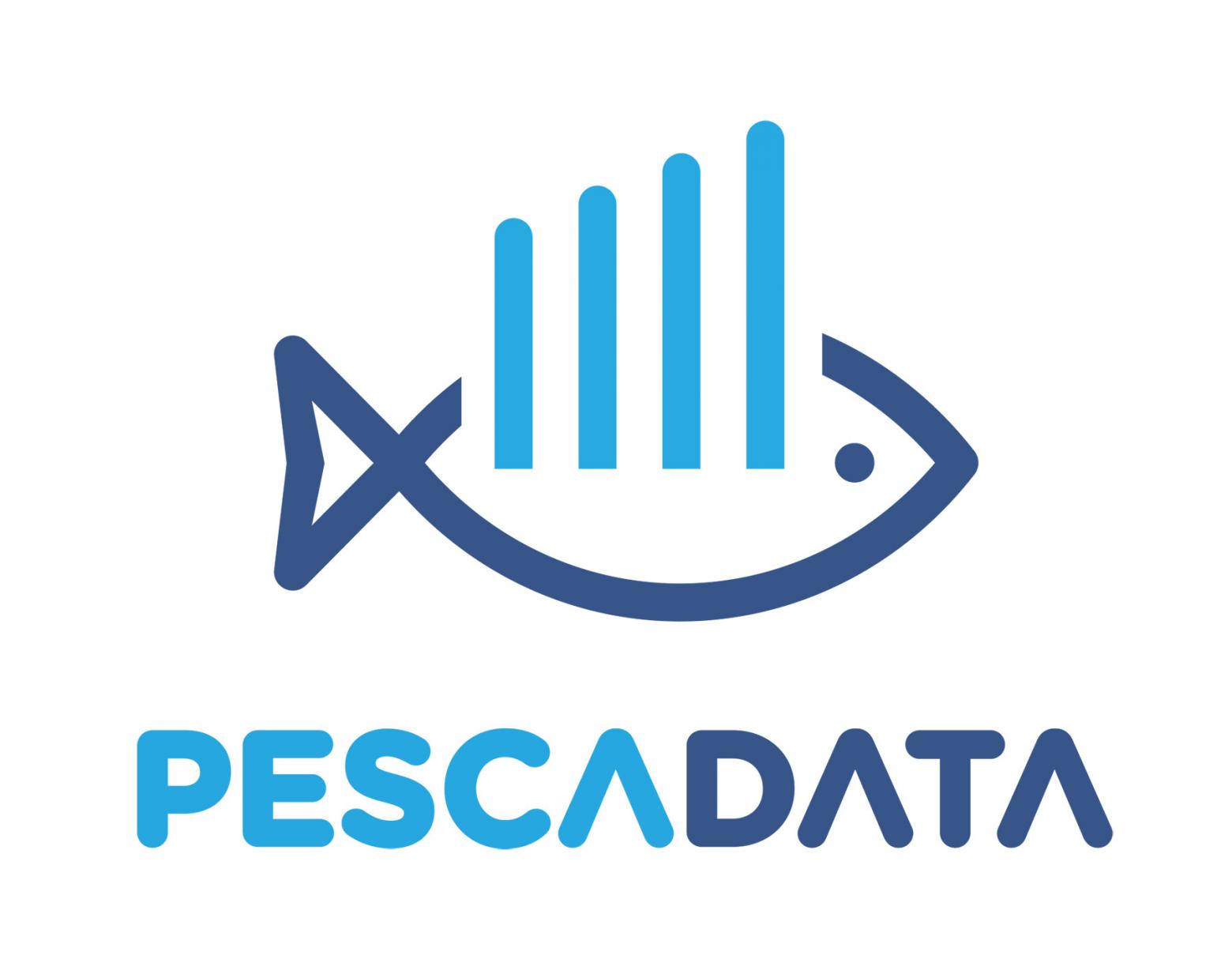
Purpose
Promote interoperability between platforms used by small-scale fishers, improve technological prowess and administrative capacity of small-scale fishers.
Process
Conducted line-by-line assessment of the Principles and Pathway and other design principles to inform the design of the PescaData mobile application.
Outcome
COBI used 75% of the Principles in the design and implementation of PescaData (with another 16% partially considered), which promoted its initiative to achieve interoperability of PescaData with existing platforms to provide holistic digital services to fishers.
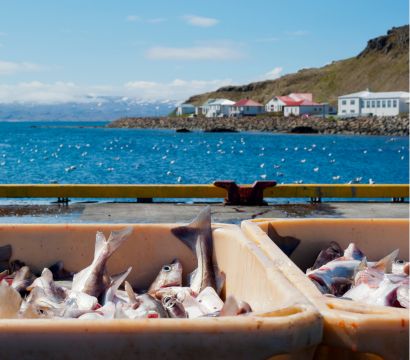
Purpose
The Mexican government drafted an official standard on traceability to address market compliance issues and IUU fishing. The government invited several NGOs (Oceana, EDF, Smartfish, and CeDePesca) and representatives from the fishing sector to join the technical working group to collaboratively develop a traceability standard for the drafted regulation.
Process
The Traceability Principles served as a guidance document for the group and were incorporated into the proposed standard.
Outcome
The National Commission of Fisheries and Aquaculture (CONAPESCA) cited SALT’s events and the Traceability Principles as the steps they had taken toward a new Mexican traceability standard.
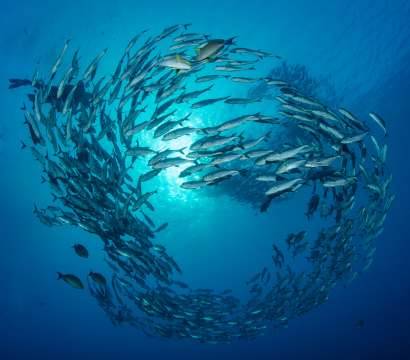
Purpose
SANIPES, the National Fishery Health Agency of Peru, wanted to create a traceability program to better track the health and safety of seafood.
Process
It commissioned a “Sector Situational Analysis” to evaluate traceability readiness in Peru, leveraging the Principles and Pathway to conduct a gap analysis of the project.
Outcome
Identified gaps were used to inform a plan for strengthening the traceability system, and the government moved forward with socialization and implementation.
Although over 50% of seafood produced in the Philippines comes from aquaculture, most workers in the seafood industry are registered as municipal fisheries (small-scale fisheries), highlighting the close connection between small-scale fisheries and the livelihood of coastal communities.
In 2020, SALT staff visited the Philippines to participate in the USAID Oceans closing event, where they learned about the Philippines’ efforts around designing and piloting an electronic traceability program for tuna fisheries. In this multi-year project, the Philippines government, NGOs, USAID, trade associations from the private sector, technology providers, and fishers came together to build an electronic traceability program collaboratively. SALT kept in touch with stakeholders from this project to continue learning from this successful public-private partnership model.
Indonesia’s fisheries industry directly involves 2.8 million households and provides 54% of Indonesia’s animal protein needs. Additionally, 10% of global seafood commodities are supplied by Indonesia, highlighting the important role that Indonesian fisheries play in the global economy.
In 2020, a local NGO, Yayasan Masyarakat dan Perikanan Indonesia (MDPI), and Indonesia’s Ministry of Marine Affairs and Fisheries (MMAF) hosted a co-design workshop to discuss the development and implementation of national electronic catch documentation and traceability platform known as STELINA under SALT’s small grantee program.
Seafood production in the LAC region has grown substantially in the past few decades. Although the major contribution to this region’s total landings comes from pelagic species landed by industrial fisheries, small-scale artisanal fisheries support many coastal communities and livelihoods in the region.
In 2021, SALT hosted multiple regional-focused workshops to identify barriers to implementing electronic traceability programs and started to support regional coordination between LAC NGOs, donors, regional USAID Missions, and governments. Through that work and connections, SALT identified multiple opportunities for engagement in Latin America, especially in Peru, Mexico, and Ecuador, where governments and partners are interested in or currently working on traceability efforts for their seafood sector.
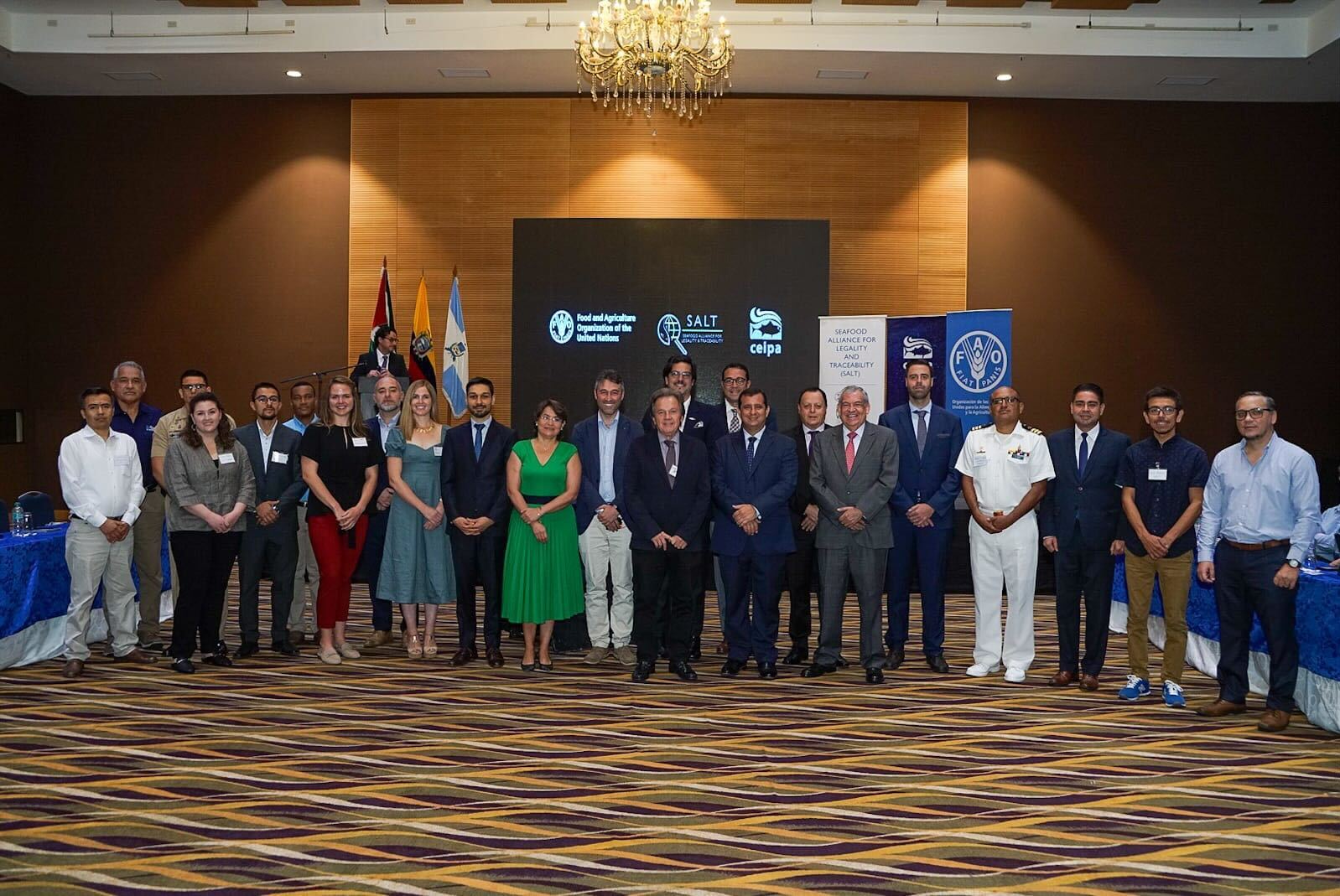
Purpose
SALT partnered with the FAO Blue Ports Initiative (BPI) to highlight the role of fishing ports in establishing effective supply chain traceability and addressing illegal, unreported and unregulated fishing.
Process
SALT, the FAO BPI, and the Ecuadorian Chamber of Industrialists and Tuna Processors (CEIPA) co-hosted a regional capacity building workshop in Manta, Ecuador to promote exchange on traceability and port management practices across Latin American countries.
Outcome
Over 80 stakeholders from 8 LAC countries participated (72% from Ecuador), with primary representation from government (43%) and industry (24%) stakeholders. Through working groups, participants identified challenges and proposed concrete actions to improve traceability in fishing ports, including actions related to being inclusive about involving parties in traceability processes, interoperability, further capacity building, strengthening port infrastructure and connectivity, and conducting an in-depth review of national regulations to ensure mandatory compliance with traceability and quality control standards.

